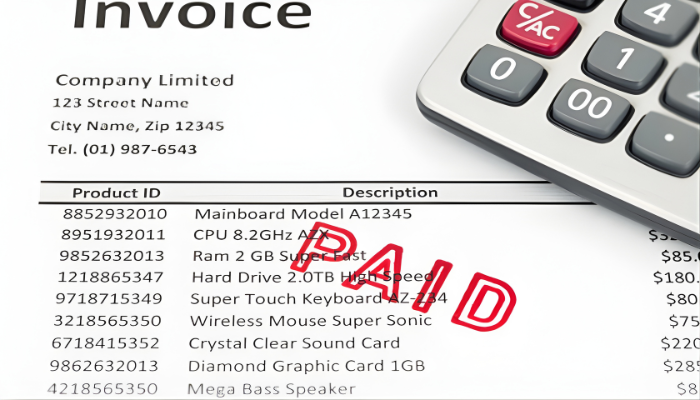
“It was the best of times; it was the worst of times.” If this Dickens’ quote sounds like a summary of your business this year, don’t worry. Now is your chance to enjoy a stable, more profitable company next year. The start of a year is a wonderful opportunity to review what you did right – and what went wrong – last year and create a plan to optimize operations. The way you analyze your business ventures now will determine how successful your brand will be in the future. Learn how to analyze your business accurately for your best chance of improvement in the new year.
Why Look at the Past?
If you’ve had a mostly successful year, you may not see the point in rehashing what happened during the past year. However, looking at the big picture must include reviewing the past. Analyzing your last year can help you plan more strategically how to succeed this year. Reviewing your progress will help you gain a better understanding of how your business is performing, make the most out of business opportunities, leave behind an outdated business plan, and see how well your efforts stack up to market demands. You may realize your company is ready to move to the next level or that you still have a way to go before hitting your goals. Either way, knowing exactly where you stand is better than flying blind.
Measure Your Success
A successful business is all about the measurements you take. Today, there is almost no end to the amount of data you can collect about your business. Leverage big data to its fullest potential using programs such as Google Analytics. Analyzing big data can give you information, for example how many people visit your website, the most popular pages on your site, popular search terms, and much more. This will help you see areas where your website is succeeding, and where it’s missing the mark.
Discovering that consumers consistently leave your website after clicking on your About Us page, for example, could mean you need to make content changes to make your brand more attractive to your audience. Measuring your success mean looking at your most popular pages, marketing campaigns, and products and learning what you did right. With proper planning, you don’t have to rely on luck to strike gold twice. Analyze why your consumers responded positively and how to replicate the same circumstances.
It’s important to note that you should not measure your success based on vanity metrics. Vanity metrics are page views, social media post followers and likes, downloads, and registered users. This data can give you a false sense of success. Instead, look at actionable metrics such as how many active users you have, how many conversions you made, and your revenue. The metrics you should pay attention to are those that will help you make important business decisions – not those that make you feel good.
Learn from Your Mistakes
Now that you’ve gotten to know your successes a little better, it’s time to investigate your failures. Gather your team together and look at the failures of the past year in detail. Involving your staff will get everyone on the same page moving forward. It can also help you determine the root cause of a failure, such as an infrastructure issue or lack of tools. Try not to simply place blame, but rather discover where your brand went wrong and how to avoid the same issue this year. Did poor cash flow make you lose a major client? Don’t blame your accountant. Instead, come up with a viable solution, such as factoring your invoices.
There are many different reasons for failures. Your team may not be on the same page, your message may miss the mark, or your marketing might not be targeting the right audience. However, not all failures are bad things. Your company may have explored a new market and found that it wasn’t right for you. This type of exploratory “failure” means you’re trying to expand your business and take the right kind of risks. Separate these experiences from failures that stem from poor performance, but learn from both. In the end, business success requires taking into account your successes and failures for your best chance at improving operations next year.















